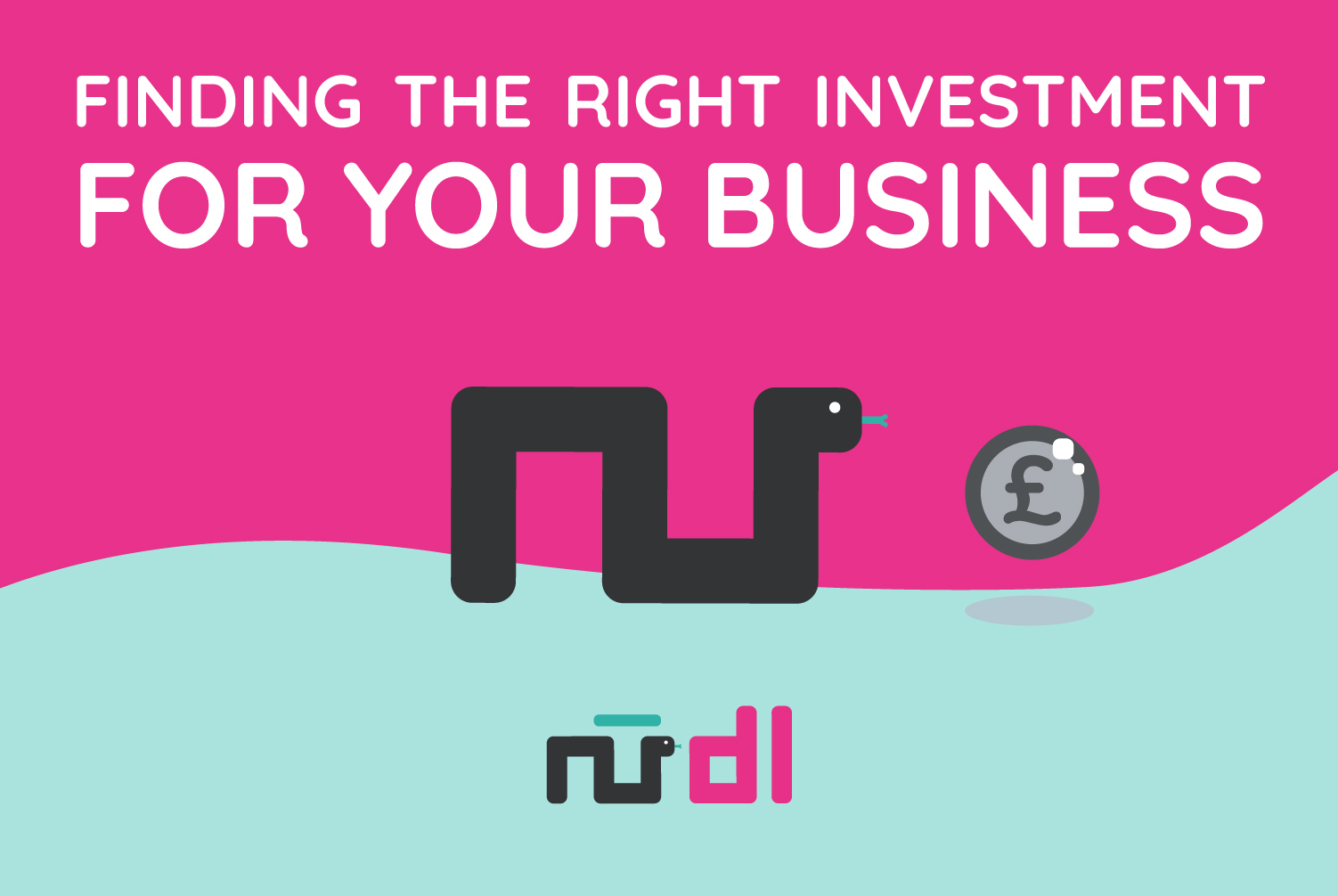No matter your industry, or how successful your business is, you could always do with more support – especially when it comes to capital.
But what funding options are available, and how do you know which is right for you?
From angel investors to borrowing from family and friends, there are a range of possibilities, but what will work for one business won’t for another, as Shak Asghar, of Teesside-based Nudl, explains.
“The funding landscape can be tricky to navigate, especially if you don’t know where to look,” he says.
“So many business owners highlight cashflow as one of their key concerns, and many of them don’t realise there are more options out there than simply going cap in hand to the bank.
“Having worked in the business support/fund management space for many years, I became aware that businesses simply weren’t able to access a lot of the funding opportunities out there, as it’s shrouded in red tape and jargon.”
In fact, it was this frustration with the current offering that led Shak to set up Nudl, with the aim of simplifying funding for any and all businesses.
It’s worth noting that investment and funding are not the same thing – although Nudl offers access to both.
Funding tends to be more centralised, consisting of grants from companies or local authorities for a specific purpose. Investments, meanwhile, are a more personal endeavour, with a judgment being made on whether the business is, to put in bluntly, worth it.
Shak explains: “While both have their merits – a large cash injection being the main one – it’s important to weigh up which option will work best for your business.
“Grants are great; it’s free money and you don’t have to pay it back. However, it will generally be limited, both in terms of how long it will last for and what you can spend it on.
“And while you’ve more chance of winning another grant once you’ve been awarded one, you can’t count on it, which means that you could find yourself in trouble if you’re relying on it to keep your business afloat.”
Investment options come in three main categories; private equity, where individuals or privately-owned institutions buy a company or fund a project; venture capital, which is designed to fund start-up companies with high growth potential; and angel investments, where high net worth individuals look for high returns through private investments in startups.
As Shak explains: “The key thing with all the above options is how involved you want the investor to be; do you just want the money, or do you want advice as well?
“Like any relationship, you need to know what they’re expecting from you, and vice versa. You also need to do your due diligence – do they really have what you need, whether that be in terms of capital or commitment?”
The Nudl team have more than 30 years of experience in guiding firms through the funding minefield and have secured more than £100m of capital for clients through a variety of sources.
It has also recently launched its own angel investment fund – one of the first businesses on Teesside to offer such a service.
“I want to put the fun into funding,” explains Shak. “Over the next few years, if someone thinks they need money to help their business grow, I want to make sure they automatically think of using their Nudl.”
For more information, visit www.nudl.co.uk



